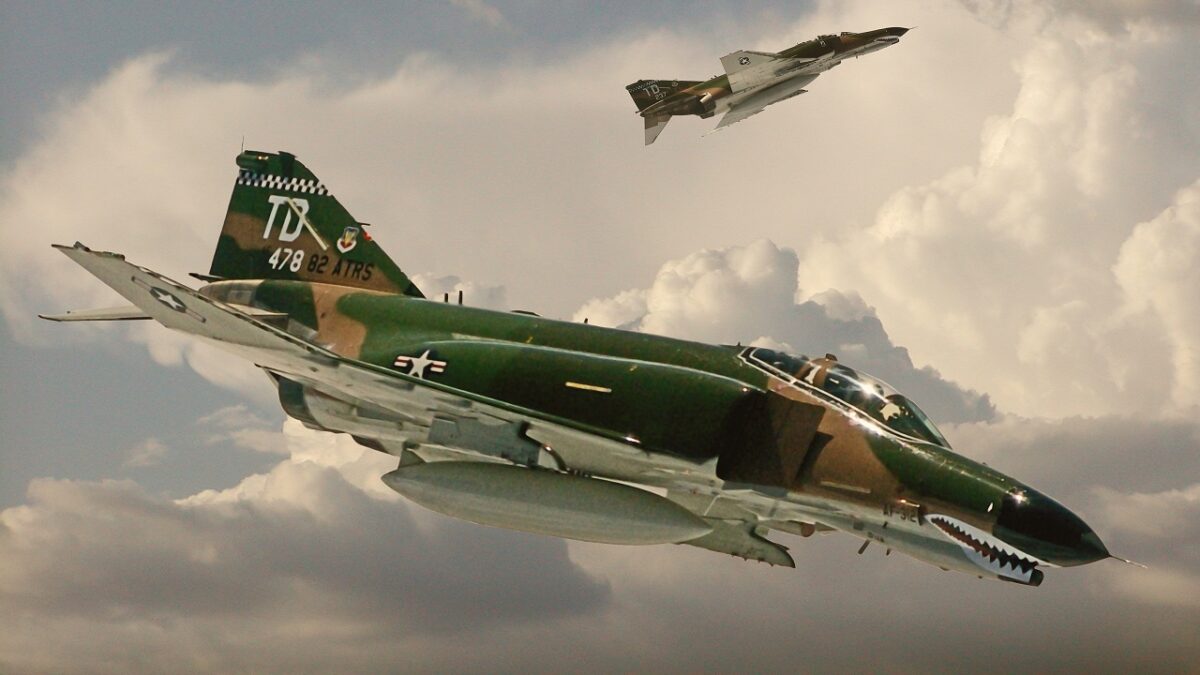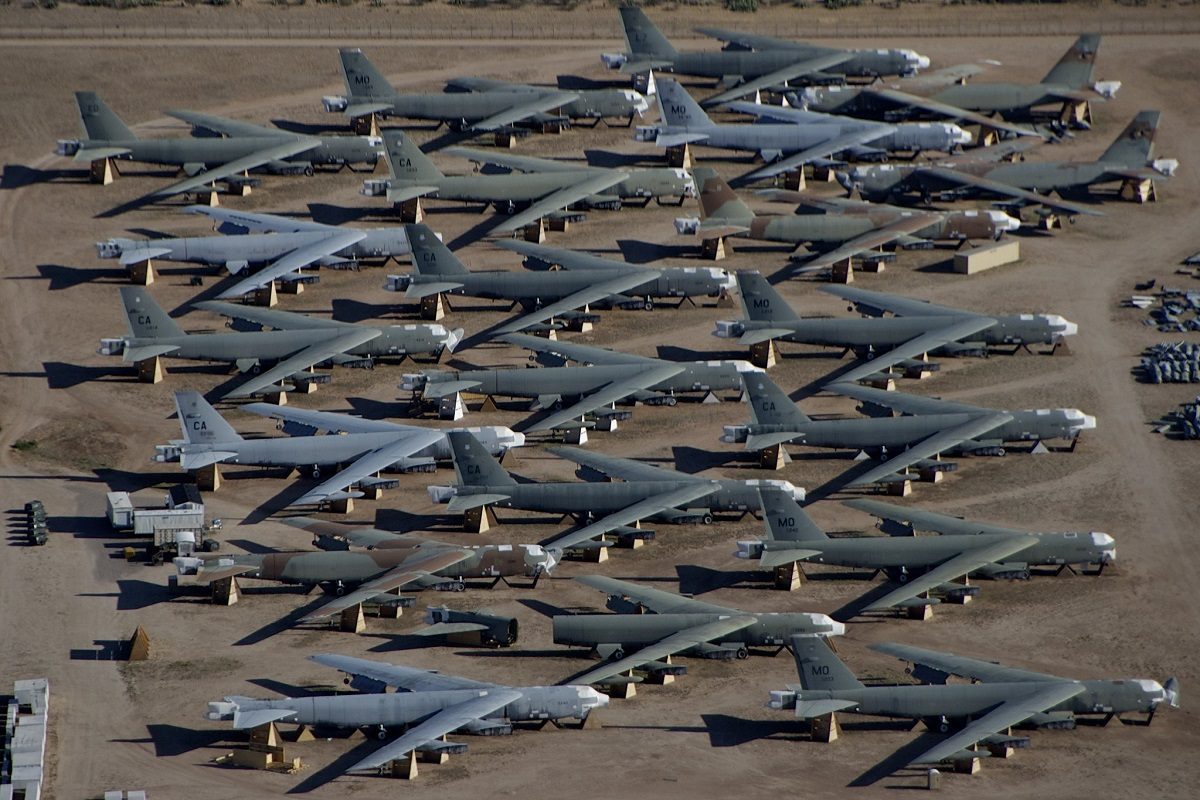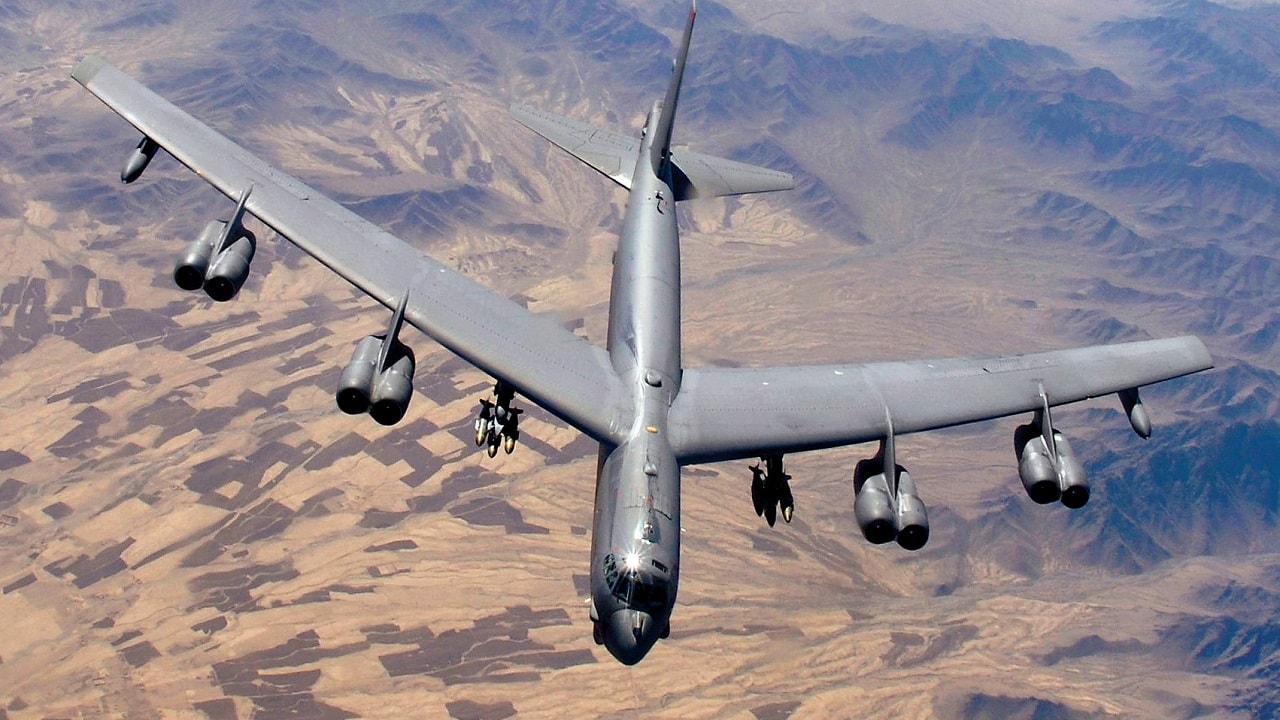I always enjoy reading the works of my colleague Peter Suciu. But as they say, “If two people agree on everything, only one of them is doing the thinking.” With that in mind, I profoundly disagree with Suciu’s Nov. 17 article, “Vietnam War: Could America Have Won?” in which he supports the commonly accepted paradigm that the war was not winnable.
Vietnam War: Some Contrarian Perspectives
Among the salient arguments Peter makes is that “the nature of the corrupt South Vietnamese government meant that victory was never really a possibility.”
Well, with all due respect, American history is replete with military alliances binding them to nations of less than commendable virtue. Stalin’s Soviet Union during WWII stands out as such a partner. During the Cold War, South Korea and Taiwan started off as autocracies before eventually embracing democracy.
Contrary to the claims of academics and media pundits, we actually came a hell of a lot closer to winning the Vietnam War than most people realize.
Two of the best books that challenge the prevailing view on Vietnam are A Better War: The Unexamined Victories and Final Tragedy of America’s Last Years in Vietnam by Lewis Sorley, and Unheralded Victory: The Defeat of the Viet Cong and the North Vietnamese Army, 1961-1973 by Mark Woodruff.
I’m especially partial to the latter book. Woodruff served in Vietnam with Foxtrot Company, 2nd Battalion, 3rd Marine Regiment from December 1967 to December 1968, and later became a lieutenant commander in the Royal Australian Navy and a psychologist with the Vietnam Veterans Counseling Service in Perth, Australia. Two of the most concrete examples that Woodruff uses to back up his premise are the Tet Offensive in 1968 and Operation Linebacker II in 1972.
Tet Offensive
Conventional wisdom cites Tet as the psychological turning point of the Vietnam War, where, due the scale, ferocity, and degree of surprise attained by Communist forces during the Vietnamese Lunar New Year holiday of Tet, no less a Western media icon than Walter Cronkite deemed the war unwinnable.
Cronkite and his like conveniently overlooked something, however: The Tet Offensive was actually a crushing defeat for the Viet Cong. Not only were they slaughtered by American and South Vietnamese defenses and counterattacks, but they also failed in their objective of fomenting a popular uprising among the South Vietnamese, analogous to the failed assumption by America’s planners of the Bay of Pigs invasion seven years earlier.
Consider these words from former Viet Cong senior official Trinh Duc: “First of all, casualties everywhere were very, very high, and the spirit of the soldiers dropped to a low point.” Or consider that former Viet Cong agent Duong Quynh Hoa bluntly denounced the mission as a “grievous miscalculation” by the Hanoi hierarchy. Even General Vo Nguyen Giap himself privately conceded that Tet was a stunning military defeat.
But LBJ and Robert S. McNamara squandered this profound opportunity to finish the job. Instead, they halted bombing against the North.
Operation Linebacker II
What a difference a bolder POTUS makes. Richard Nixon replaced LBJ, and during the so-called Christmas Bombing of Hanoi, B-52s raids utterly devastated strategic targets in North Vietnam and sent the Communists back to the peace table. American POWs at the infamous “Hanoi Hilton” prison such as Medal of Honor recipient Admiral James Bond Stockdale noted how the raids blasted the arrogance out of their captors: “One look at any Vietnamese officer’s face told the whole story. It telegraphed hopelessness, accommodation, remorse, fear. The shock was there; our enemy’s will was broken.”
Sir Robert Thompson – architect of the British victory in the Malayan Emergency – was generally critical of American war efforts, but lavished praise upon Linebacker II: “In my view…you had won the war. It was over!…They and their whole rear base were at your mercy.”
Alas, thanks to Watergate, Nixon’s strong leadership on Vietnam didn’t last, and his successor, Gerald R. Ford, was unable to counter the Democratic-controlled Congress’s slashing of monetary support to Saigon, leaving our South Vietnamese allies stranded.

F-4 Phantom. Image Credit: U.S. Air Force.
Misinterpreting Lin Piao
One segment of Peter’s article that I do agree with is where he states that, “The only practical way for the United States to have won the war would have been to invade North Vietnam, take control of its urban centers, and unify the country under the government in Saigon.” So then, why didn’t our politicians gather up the will to do so? Basically, it boiled down to fear of China, of a repeat of what happened in Korea after General MacArthur crossed the Yalu River. However, as Henry Kissinger articulated in his excellent 1994 book Diplomacy, those fears may have been largely unfounded, based as they were on a misinterpretation of a manifesto by China’s then-Defense Minister Lin Piao:
“The Johnson Administration…ignor[ed] Lin’s subtext, which stressed the need for self-reliance among revolutionaries. Reinforced by Mao’s comment that Chinese armies did not go abroad, it was meant as well to provide a strong hint that China did not intend to become involved again in communist wars of liberation.”
I dare say that the greatest tragedy of the Vietnam War was that we squandered our troops’ sacrifices by not seizing the grand opportunities to win – opportunities that were ripe for the taking.

Image: Creative Commons.
Christian D. Orr is a former Air Force Security Forces officer, Federal law enforcement officer, and private military contractor (with assignments worked in Iraq, the United Arab Emirates, Kosovo, Japan, Germany, and the Pentagon). Chris holds a B.A. in International Relations from the University of Southern California (USC) and an M.A. in Intelligence Studies (concentration in Terrorism Studies) from American Military University (AMU). He has also been published in The Daily Torch and The Journal of Intelligence and Cyber Security. Last but not least, he is a Companion of the Order of the Naval Order of the United States (NOUS). In his spare time, he enjoys shooting, dining out, cigars, Irish and British pubs, travel, USC Trojans college football, and Washington DC professional sports.

